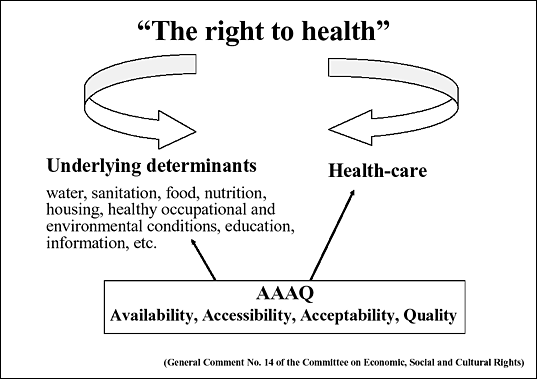Troby
PREVENTION
THE ETHICAL PERSPECTIVE
The ethical perspective is probably bringing more questions than answers in relation to AIDS. Everyone needs to think for themselves what is right or what needs to be changed in order to better respond to the HIV pandemic.
I have highlighted some of the topics that I find important, and yet there are more to be added...
Who should have access to anti-retroviral medicines? Who should have accurate information about the disease? What support should be available for HIV-positive people? How much should women have to pay for an HIV test? Are people going to be forced to undergo testing? Do all HIV-positive have the right to understand the meaning of their HIV infection? The ethical perspective highlights many of the difficult questions we need to solve and reflect on. They address many of the dilemmas arising when resources are put against the needs, and when the disease require some desired attitudes, which can be challenging to conform with.
Should people with financial resources get priority to access treatment? In a male dominated society (as is the case in all countries although Rwanda is considered to be the most equal in the world), and taking into account that on a global perspective a majority of people living with HIV or AIDS are women and girls, how can we make sure the procedures surrounding HIV and AIDS allow women to have counselling, treatment and care to the same extent as men?
The HIV epidemic raises a fundamental ethical question. How is it possible to control the epidemic and the harm it causes without unjustly a) discriminating against particular social groups, b) disregarding the effectiveness in a comprehensive HIV prevention, and c) without unnecessarily infringing on the freedom of individuals?
This question is relevant for three sectors of public policy: public health, the deliveries of health care, and research. In the public health sector, vital educational efforts are required, as well as modified approaches to intravenous drug use, prostitution, and homosexual sexual activity.
Both health care workers and the health care system have a moral obligation to provide care to people with HIV infection. There is also of moral importance to conduct research directed toward the understanding of local epidemics and on treatment and prevention of HIV and AIDS. The research processes will also raise challenging ethical questions.
The ethical perspective also puts emphasis on views of human rights.
Protection of human rights is essential to safeguard human dignity and to ensure an effective, rights based response to HIV.
In Iraq, for example, there is no developed plan for how to handle the country's citizens if tested positive for HIV. This is something I am working
on at the Ministry of Health in the Kurdish region in Iraq. Foreign citizens, who come into Iraq, have to undergo an HIV test within 15 days, and if tested HIV positive they will be expelled from the country, without any sensible handling of the way the results are being presented and without any support for the person’s reactions. The ethical dimension touches many of the questions also reflected in the legal perspective and vice versa, as well as it is a human rights issue. Another part of the ethical perspective is the right to knowledge, and how to access information about the disease and how to be able to protect oneself from it. This information should also include information about sexual and reproductive health and rights (SRHR).

WHO has in its many documents (see picture above) a clear position when it comes to the right to information in connection to health. In Fact sheet N°323, General Comment, The right to health, WHO say: “The General Comment sets out that the right to health extends not only to timely and appropriate health care but also to the underlying determinants of health, such as access to…/ /…health-related education and information, including on sexual and reproductive health.”
Information about the HIV infection should also be available for people living with HIV or AIDS, through counselling and written texts, in order for them to understand their condition and to take accurate precautions to reduce the risk of transmitting the virus to other people or to become re-infected.
It is not only people who live with HIV or AIDS who have the responsibility to protect themselves and others. Every person has this responsibility, despite his or her HIV status. However, the ethical perspective puts a focus on behaviour and actions based on knowledge. It can never be advocated that someone who does not have knowledge about the disease and its moods of transmission should be held responsible for any transmission. At the same time, we all need to make sure we have as much information or knowledge as possible, in order for us to decide on how we want to live our lives in interaction with other people.
